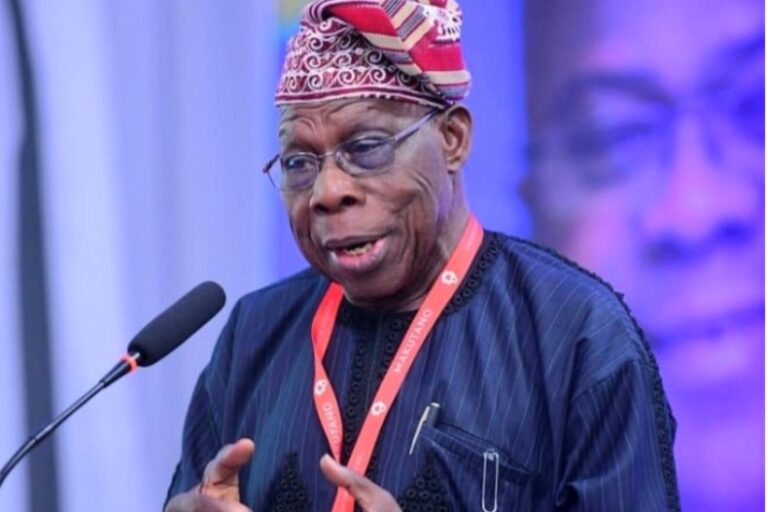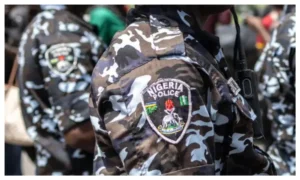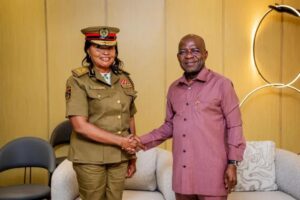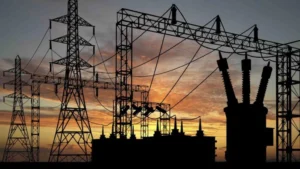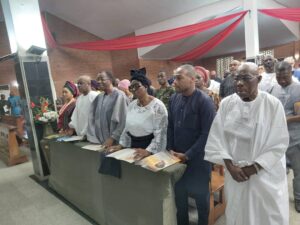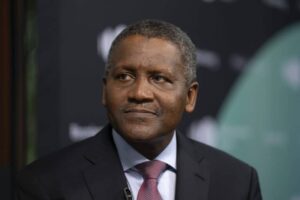Laolu Akande, a former presidential aide, recently called on former President Olusegun Obasanjo to acknowledge his role in Nigeria’s current issues and publicly apologize to the country. Akande made this statement during an appearance on Sunrise Daily, a popular program on Channels Television.
Obasanjo had recently spoken at the Chinua Achebe Leadership Forum at Yale University, calling for a comprehensive overhaul of Nigeria’s electoral system and describing the nation as a “failed state.” He also pushed for the dismissal of key figures in the electoral process, including the Chairman of the Independent National Electoral Commission (INEC), Mahmood Yakubu. However, Akande believes that Obasanjo, who served as president for three non-consecutive terms, must also take responsibility for some of the country’s ongoing problems.
While Akande recognized Obasanjo’s contributions to the nation, including his role in Nigeria’s civil war and his patriotic efforts, he argued that Obasanjo’s 11 years in power had a significant impact on the country’s current state. He pointed out that during Obasanjo’s presidency, issues like corruption were allowed to thrive. One such example was the funding of Obasanjo’s Presidential Library, where state funds were reportedly used, despite the questionable source of the money.
Akande also accused Obasanjo of having a personal vendetta against current President Bola Tinubu, based on past political struggles. He highlighted incidents such as Obasanjo’s refusal to release local government allocations to Lagos State while Tinubu was governor, even after the Supreme Court ruled it illegal. Akande believes that these actions show Obasanjo’s personal bias and undermine his credibility when criticizing the current leadership.
In his conclusion, Akande emphasized that for Nigeria to move forward, Obasanjo must take responsibility for his past mistakes. According to Akande, acknowledging his part in the nation’s decline would be the first step toward healing and true accountability. He believes that by owning up to his past, Obasanjo could regain some trust and help the country find a path toward progress.
Obasanjo’s legacy remains a contentious issue in Nigerian politics. While some view him as a national hero who helped steer Nigeria through difficult times, others believe his administration’s decisions contributed to the systemic problems that continue to plague the country today. Akande’s call for an apology and accountability underscores the ongoing debate about the roles Nigeria’s past leaders have played in shaping the nation’s future.
